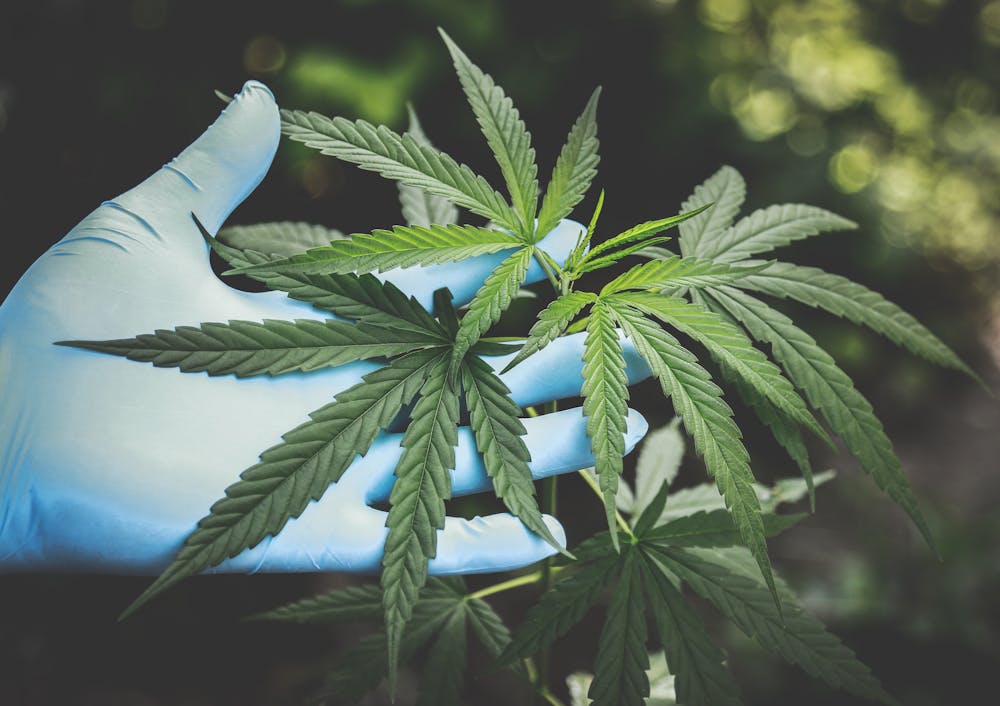The cannabis industry is expanding rapidly, creating numerous opportunities for entrepreneurs and investors alike. With increasing legalization across various regions, this sector is poised for explosive growth. As the stigma surrounding cannabis diminishes, more people are becoming interested in its potential benefits, from medicinal uses to recreational enjoyment. Understanding the landscape is essential for anyone considering entering this vibrant market.
The Rise of Legalization
Legalization is one of the primary drivers of the cannabis market. In the United States, the cannabis market was worth about $61 billion in 2021 and is projected to grow to $108 billion by 2025. This growth is attributed to both medical and recreational cannabis legalization. States like California and Colorado paved the way, inspiring others to follow suit. As of now, over 40 states have legalized medicinal use, and 21 have legalized recreational use, significantly changing public perception and increasing market access.
The Economic Impact
Entering the cannabis market can lead to substantial economic benefits. The industry creates jobs, stimulates local economies, and generates tax revenue. For instance, Colorado collected over $387 million in tax revenues from cannabis sales in 2020 alone. This level of economic input is prompting local governments to reconsider their stances on cannabis, making it a ripe area for business growth.
Diverse Business Opportunities
The cannabis sector is not limited to growing plants; it encompasses various branches, including retail, distribution, cultivation, and ancillary services. Entrepreneurs can establish dispensaries, create cannabis-infused products, or offer consulting services. There are countless niches within the market to explore, such as:
- Private Label Products
- Wellness Products
- Cannabis Technology Development
- Premium THCa Flower Strains
With so many options available, it’s essential to research and understand what segment aligns with your interests and skills. For those interested in offering high-quality products, you can buy premium THCa flower strains now to meet the growing consumer demand for top-tier cannabis experiences.
Consumer Education and Awareness
As the industry grows, consumer education becomes increasingly critical. An informed buyer is more likely to choose quality products and support reputable brands. Many customers seek out websites as a source for cannabis education to help them understand strains, uses, and the benefits of different products. Business owners who prioritize educational resources can cultivate loyalty among customers and establish trust in their brand.
Health and Wellness Trends
The connection between cannabis and health is drawing attention. As an increasing number of consumers embrace wellness trends, options like CBD (cannabidiol) and its numerous therapeutic benefits are gaining traction. Research indicates that CBD can help with anxiety, pain relief, and sleep issues. This growing awareness presents an opportunity for businesses focused on health and wellness, making it pertinent to explore the health benefits of cannabis products.
Challenges Facing the Industry
While opportunities abound, the cannabis market does face notable challenges. Legal inconsistencies across states create hurdles for businesses, affecting their operational capacities and banking options. Despite legalization in several states, cannabis is still classified as a Schedule I substance federally, impeding banking accessibility and creating obstacles for large-scale operations. In response to these hurdles, innovative solutions like Utah cannabis banking through Solvent are helping businesses access secure, compliant financial services—offering a much-needed bridge between legal cannabis operations and modern banking infrastructure.
Moreover, competition is intensifying. As more players enter the market, maintaining a unique selling proposition (USP) becomes vital for long-term success. Understanding regulations and building a strong brand are critical components of establishing and sustaining a cannabis business.
Investing in Innovation
Innovation is vital for businesses entering the cannabis market. Technological advancements are reshaping how cannabis is cultivated, processed and distributed. Innovations in genetic engineering, such as developing new cannabis strains, are leading to increased yields and enhanced product quality. Additionally, advancements in extraction methods are creating more potent and diverse product offerings.
Investors and entrepreneurs should stay informed on industry trends and be open to adopting new technologies that can boost operational efficiency and product quality.
The Global Landscape
The cannabis market is not limited to the United States; it is a global phenomenon. Countries worldwide are experimenting with cannabis legalization for medicinal and recreational purposes. Canada was among the first to fully legalize cannabis in 2018, setting a significant precedent. Europe is also witnessing a shift, with countries like Malta and Luxembourg legalizing cannabis use, hinting at a growing market.
Entering the global cannabis market provides untapped opportunities for growth, particularly for brands that can adapt their products to various cultures and regulations.
Regulatory Landscape and Compliance
Navigating the legal environment is another essential aspect of entering the cannabis market. Regulations vary widely from state to state and country to country. Understanding local laws and ensuring company compliance is crucial for success. Business owners need to familiarize themselves with licensing requirements, manufacturing standards, and health regulations that govern the industry.
Regularly consulting legal experts and compliance partners can mitigate the risk of fines or shutdowns due to regulatory issues.
Marketing Strategies
Marketing cannabis-related products requires understanding the unique challenges of the industry. Many traditional advertising mediums restrict cannabis marketing, pushing brands to explore creative alternatives. Social media has emerged as a valuable platform for promoting cannabis products; using influencers helps spread brand awareness and build connections with potential customers.
Furthermore, implementing search engine optimization (SEO) strategies and investing in quality content marketing can enhance online visibility and drive customer engagement.
Building a Sustainable Brand
Building a sustainable brand in the cannabis industry hinges on authenticity and transparency. Customers increasingly prioritize brands that demonstrate social responsibility and ethical business practices. Companies can differentiate themselves by sourcing materials responsibly, partnering with local communities, and advocating for environmental preservation.
Creating a mission-driven company culture attracts like-minded individuals for partnerships and can turn customers into loyal advocates. A sustainable approach not only contributes positively to the community but can also enhance brand reputation and profitability.
Engaging in continuous learning, networking, and staying agile in response to market changes will aid anyone looking to enter the cannabis market. By making informed decisions and adapting strategies accordingly, aspiring entrepreneurs can position themselves favorably within this burgeoning industry.


